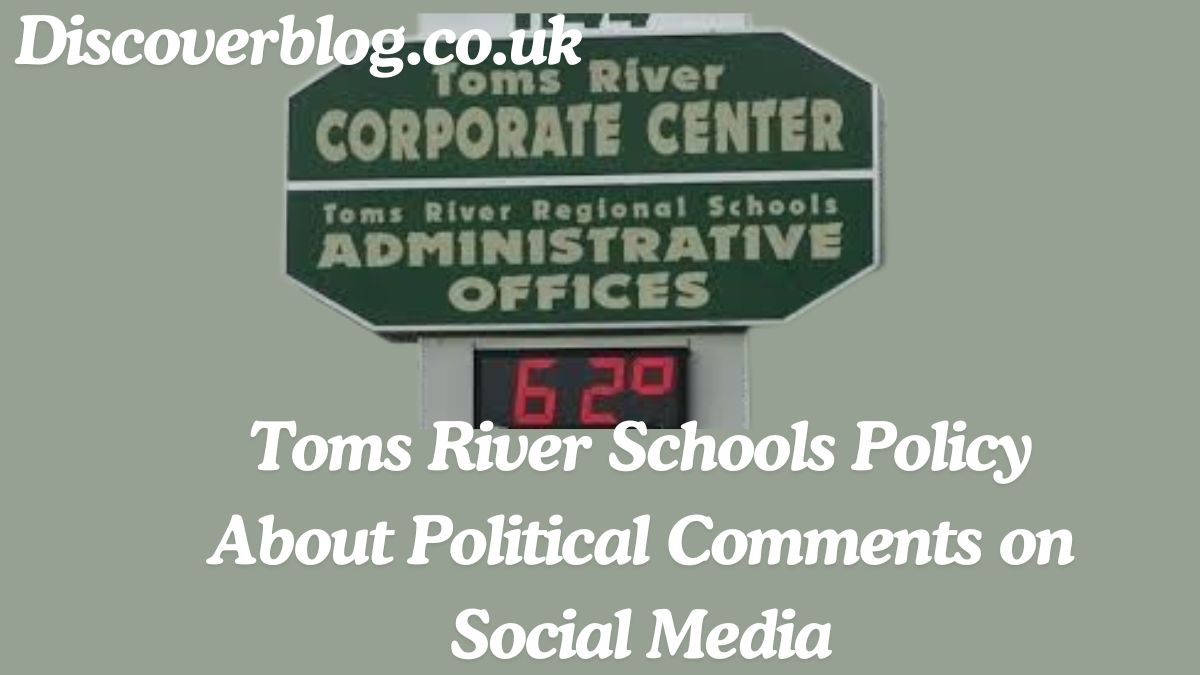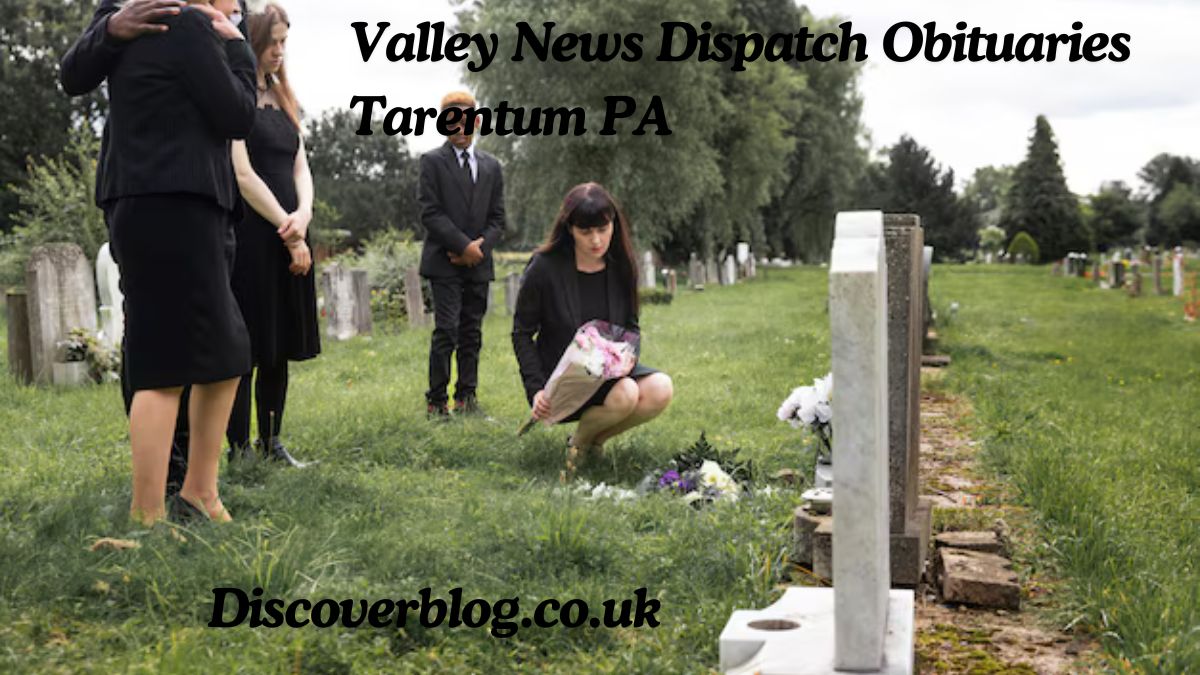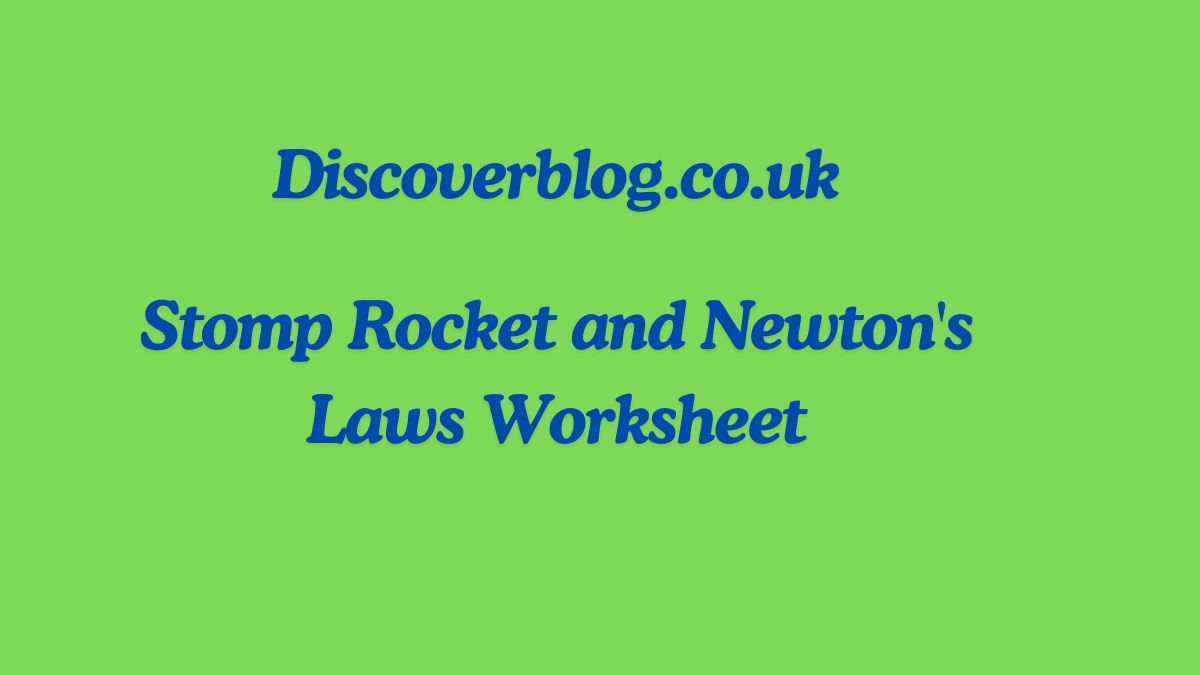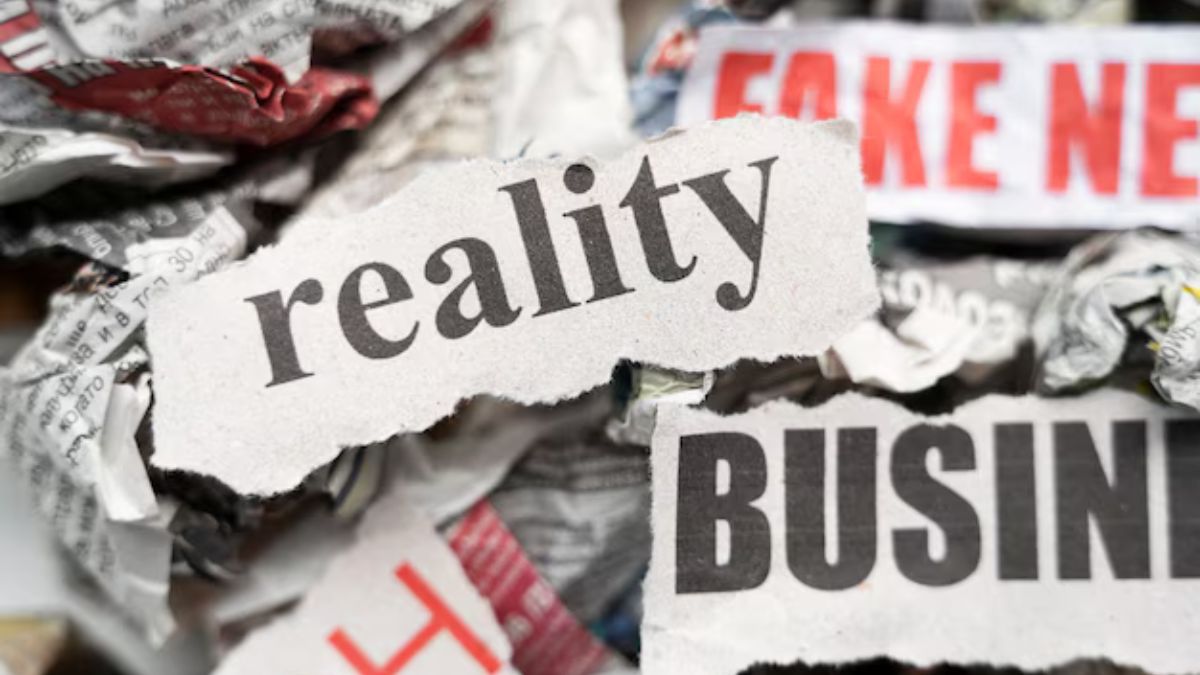In today’s digital age, social media has become a powerful tool for self-expression. Yet, with great power comes great responsibility, especially in the educational sector. Toms River Schools have recognized this and put forth a policy aimed at guiding political discourse among educators on social platforms. But what does this really mean for teachers and staff? As opinions clash and discussions heat up online, navigating these waters can be tricky. Understanding the intricacies of the Toms River Schools Policy About Political Comments on Social Media is essential for anyone involved in education or community affairs. Let’s dive deeper into why this policy was implemented and its implications for both educators and students alike.
Why the Policy was Implemented
The implementation of the Toms River Schools Policy About Political Comments on Social Media stems from a need to maintain a respectful and neutral environment in educational settings. Recent years have seen heightened political tensions, making it essential for schools to establish clear boundaries.
Teachers are role models, influencing students’ perceptions and beliefs. The policy aims to prevent potential bias that could arise from educators openly expressing their political opinions online.
Additionally, social media can be a breeding ground for misunderstandings and conflict. By restricting political comments, the school district seeks to foster unity among diverse student populations.
This initiative also addresses concerns about parental involvement and community trust. Parents want assurance that teachers prioritize education over personal agendas when engaging with students or families through social media platforms.
What Constitutes as Political Comments on Social Media?
Political comments on social media can take many forms. They often include opinions about political parties, candidates, or specific legislation.
Expressions of support or opposition toward governmental policies also fall under this category. Sharing articles that discuss controversial political issues may be considered a comment as well.
Even seemingly innocuous posts can cross the line if they imply a political stance. Memes and videos that poke fun at public figures might lead to unintended consequences.
The context is crucial too; what one person views as harmless banter could be seen by another as an offensive remark.
Any statement that reflects personal beliefs about politics has the potential to draw scrutiny within Toms River Schools’ guidelines. Understanding these nuances helps educators navigate their online presence responsibly.
The Impact of Political Comments on Students and Teachers
Political comments on social media can create a ripple effect in schools. When teachers engage in political discussions online, it may influence students’ perspectives. Young minds are impressionable and often look to educators for guidance.
Moreover, these comments can lead to uncomfortable situations in the classroom. Students with differing views might feel alienated or hesitant to express themselves freely. This dynamic could hinder open discussion and critical thinking—essential elements of learning.
For teachers, making political statements might also impact their professional relationships with colleagues and parents. Tension could arise if opinions clash, affecting cooperation within the school community.
In an environment that should prioritize inclusivity and respect for diverse viewpoints, maintaining a neutral stance is crucial for fostering healthy interactions among all members of the educational ecosystem.
How the Policy is Enforced
Enforcement of the Toms River Schools Policy About Political Comments on Social Media is a multi-faceted approach. School administrators monitor online platforms for any violations that may arise.
Staff members are encouraged to report inappropriate content or comments they encounter. This creates an open line of communication between educators and administration.
When a violation occurs, school officials first assess the context. They consider intent and impact before taking action. Measures can range from informal discussions to formal reprimands.
The policy aims not just to penalize but to educate as well. Professional development sessions often include guidelines on responsible social media usage, helping teachers understand their influence.
Enforcement seeks to maintain a respectful environment for both students and staff while acknowledging the complexities of online interactions.
Controversies Surrounding the Policy
The Toms River Schools policy on political comments has sparked considerable debate. Critics argue that it infringes on free speech rights for both teachers and students. Many believe educators should express their opinions without fear of repercussions.
Supporters counter that the policy is necessary to maintain a neutral learning environment. They emphasize that schools should be places where all views coexist peacefully, especially during politically charged times.
Another point of contention revolves around enforcement. Questions arise about how administrators determine what constitutes an inappropriate comment. This ambiguity can lead to inconsistent applications, creating tension within the community.
Parents are also divided; some appreciate efforts to reduce divisiveness in schools while others feel excluded from conversations affecting their children’s education. The dialogue surrounding this policy continues to evolve, highlighting the delicate balance between personal expression and professional responsibility.
Importance of Responsible Social Media Usage for Educators
Responsible social media usage is crucial for educators. It sets a standard that students often emulate. When teachers engage thoughtfully online, they create a positive digital footprint.
Educators hold significant influence over young minds. Their comments can shape perceptions and attitudes towards important issues. A single political statement may ignite discussions that distract from learning environments.
Moreover, the professional reputation of an educator is always at stake. Inappropriate posts or heated debates can lead to consequences in their careers.
Balancing personal beliefs with professionalism is essential. Educators should think critically before sharing opinions publicly, ensuring their messages align with educational values.
In an age where information spreads rapidly, mindfulness becomes vital. By using social media responsibly, teachers foster respect and understanding among diverse viewpoints in their classrooms.
Conclusion
The Toms River Schools Policy About Political Comments on Social Media is a significant measure aimed at maintaining a balanced and neutral environment for both students and educators. This policy was introduced to address the growing concerns regarding political discourse online, particularly in educational settings.
By understanding what constitutes political comments, stakeholders can better navigate the complexities of social media. The implications of such commentary can affect not just individual reputations but also classroom dynamics. Teachers and staff members are encouraged to be mindful of their interactions online, recognizing that their words carry weight.
Enforcement of this policy involves monitoring social media activities while respecting personal freedom. Controversies may arise around issues of free speech versus professional responsibility, making it essential for all parties involved to engage in open dialogue about expectations.
Educators play a pivotal role in modeling responsible social media use. Their actions set examples for students who are still learning how to navigate these platforms responsibly.
As the landscape of communication continues to evolve, so too must policies like those seen in Toms River Schools. Staying informed and adaptable ensures that everyone within the educational community can thrive without unnecessary conflict or misunderstanding surrounding political discussions online.











